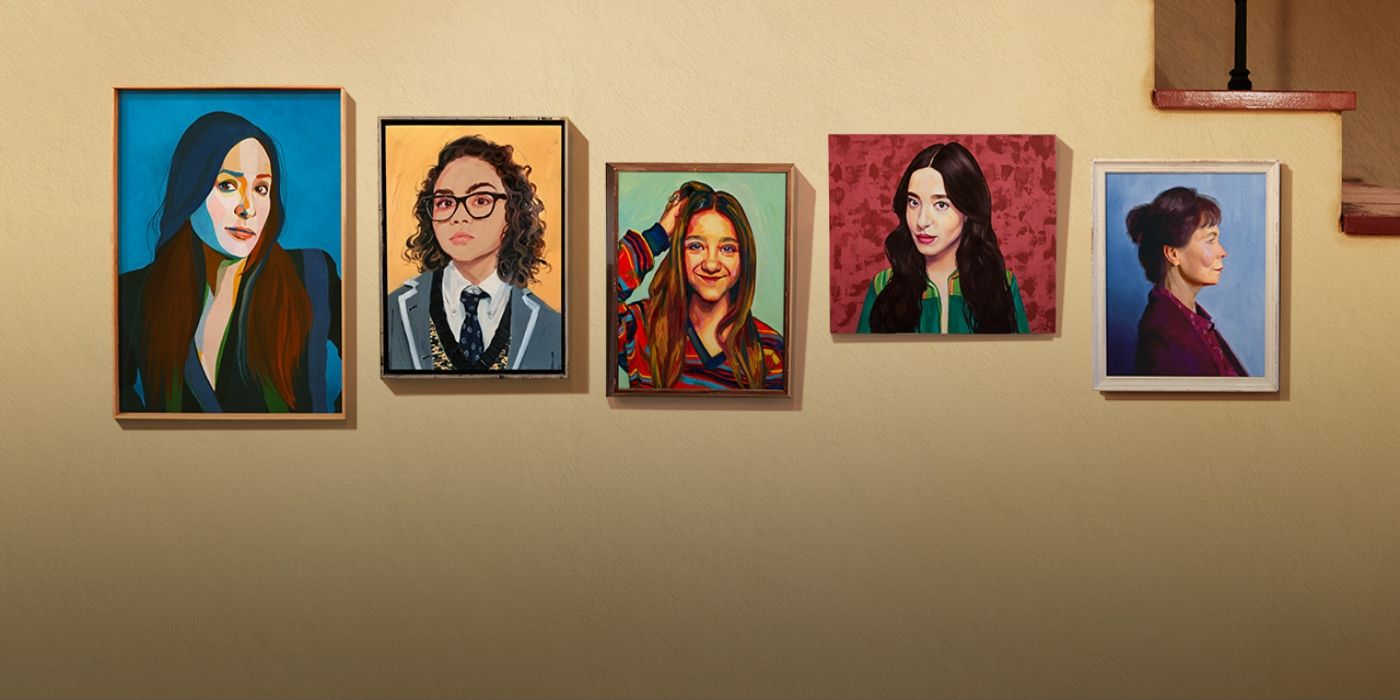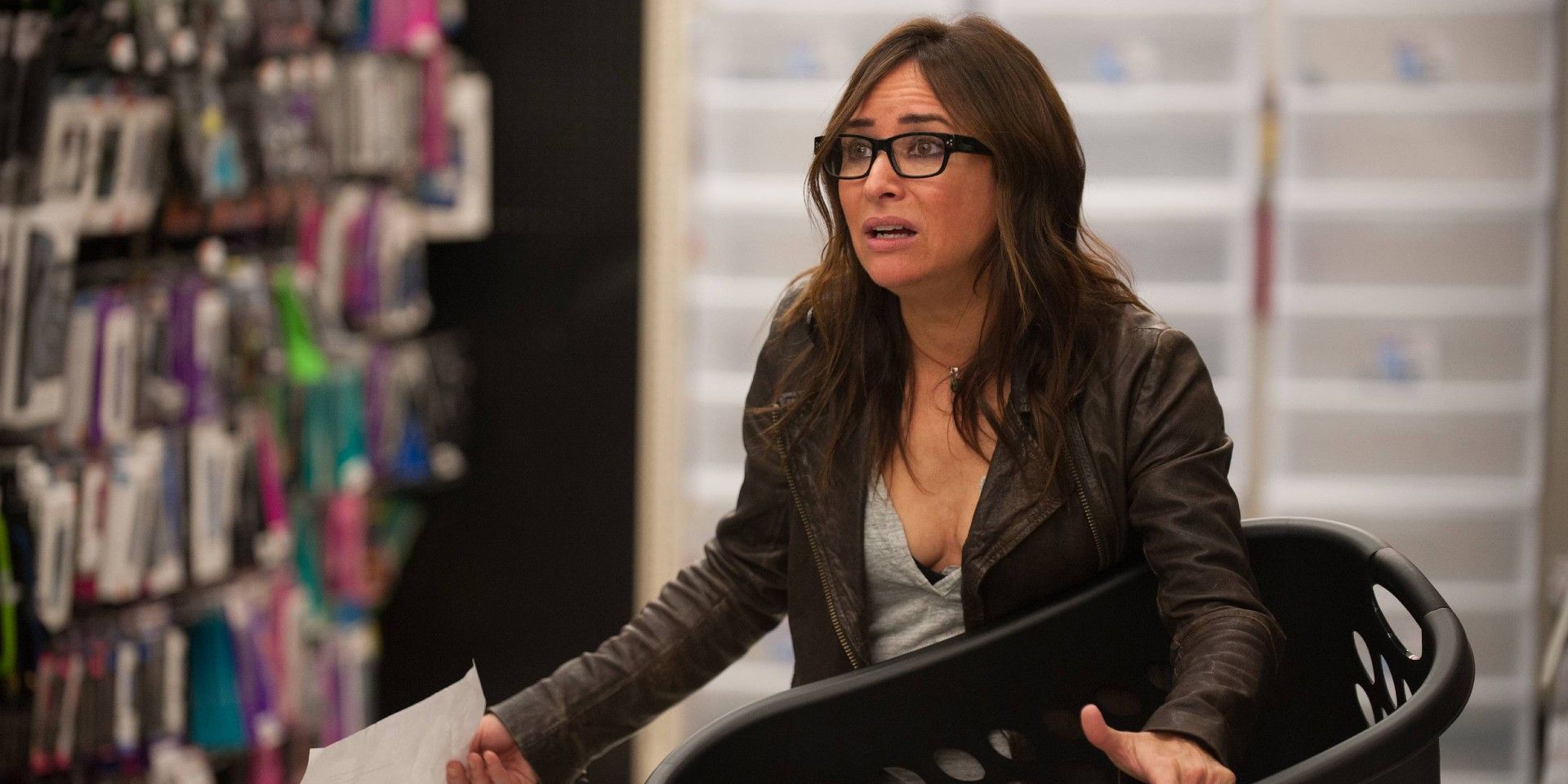FX’s Better Things finished airing its groundbreaking fourth season earlier this year, and the show has already been renewed for a fifth. The main reason that a show about a middle-aged actress struggling to juggle life as a single mom has been so successful is most likely because of how truthful creator and star Pamela Adlon is on-screen. Better Things differs from other comedies because it doesn’t really have jokes with punchlines. The reason Better Things is so hilarious is because Adlon just presents life how it is, and if we find it funny, good for us. The unusual structure and storytelling of Better Things help it transcend comedy, and become something much more than just another sitcom.
Pamela Adlon has always been funny — the only problem was that not enough people knew it yet. Known as the voice of Bobby Hill on King of the Hill, Pamela was more recognizable as a voice actor than for being in front of the camera, but that all changed in the 2010s. Adlon was brilliant in supporting roles on Californication and Louie, always delivering a blunt brand of humor in a way that is undeniably hers. That brilliance didn't go unnoticed when she was given a full-season order in August of 2015 by FX for her own show after serving as a producer and guest star on Louie for several years.
Season 1 of Better Things was a tour-de-force and possibly the most unique comedy series on television in decades. There are many reasons the show feels so original, like its non-linear plotline akin to little vignettes, or its refusal to be predictable. However, Better Things' feeling of originality is mainly that every choice the show takes is bold and never falls into comedy sitcom clichés. Season 1 is the most neatly packaged, setting up Adlon's wildly relatable character, Sam Fox. Sam is an actress who doesn't get the recognition she deserves but still manages to find work while raising her three daughters.
In the middle of the season, studio execs are majorly considering Sam for the lead role of a new sitcom that's destined to be hit. Two male writers desperately want Sam on the show, but a female higher-up does not seem interested. Eventually, a meeting is had, and it's decided that Sam Fox will have the part. However, Rachel McAdams becomes available and the writers immediately forget about Sam, even though they fought to have her originally. It turns out that the higher-up was only against fighting for Sam because she ultimately knew this would happen. Here, a major potential plotline in which Sam would get a huge breakout part is introduced, before that said plotline is obliterated in a surprisingly bleak yet realistic way. This sets up the show's overall tone, which is unlike anything attempted in comedy before.
Even though the show serves as a raw slice of life, it can also get quite surreal. In the Season 1 finale, a strange 5 - 10 minute sequence comes out of nowhere. In this scene, multiple people come into Sam's house when they shouldn't, and the whole vibe feels like some sort of fever dream. Adlon is able to combine surrealism with realism so blatantly it hits you like a Mack Truck, and she does it with ease.
Character development and storytelling are very unconventional in this series. The audience is not fully aware of the characters' backstory and their relationships to everyone else in the show until the Season 4, which all evolves very naturally. It doesn't feel like we are watching scripted comedy, but rather just life unraveling in the way that it commonly does. The characters make choices that typically would not be in comedy. Duke, Sam's youngest daughter, discovers her psychic abilities towards the end of Season 2, and it is not played for laughs in any way. Phyllis, Sam's neurotic mother, slowly shows herself to be an absolute sociopath who knocks children into pools when trying to beat them at an Easter egg hunt.
Better Things transcends comedy because it isn't a comedy show, but a head-trip that explores what it truly means to be alive. The way characters float in and out of the show brilliantly mirrors life, as do most aspects of this series. The characters grow in a way that real humans do, not fictional people on a TV show. The end of Season 4 has left a void for many, and that void will last until the premiere of the highly anticipated fifth season.



